How Much Should You Spend on Renovations? Average Prices & Tips to Avoid Overspending
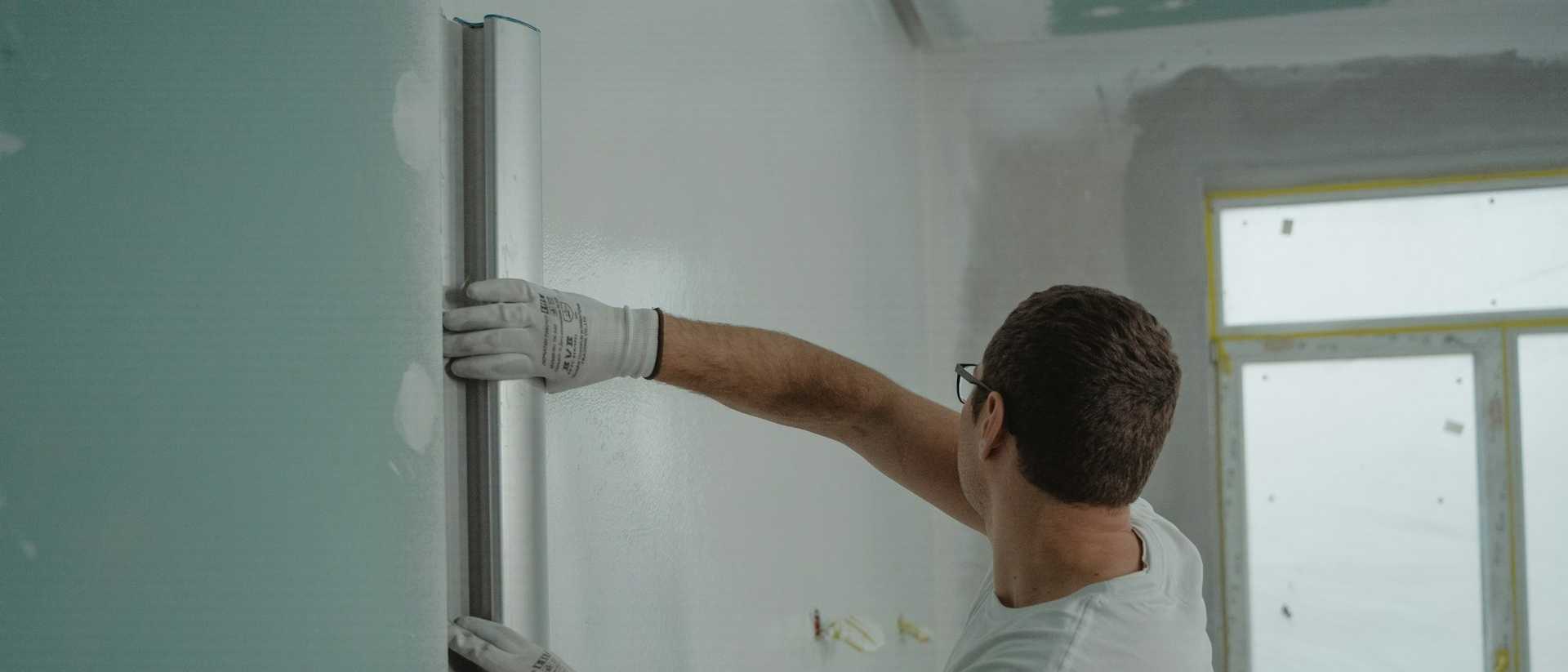
If you're planning on renovating your home, you're probably wondering how much money you should set aside for the project. But as any seasoned renovator knows, there's no magic number regarding renovation budgets. It's just like saying everyone in Australia should budget the same amount for a vacation; no set figure will work for everyone and a lot of individual factors you need to consider.
How much should you budget for a renovation?
There are a few general rules of thumb when setting a budget for a home renovation. One standard piece of advice is to spend no more than 5-10% of the total value of your property on renovations. This is to ensure you don't overspend and end up "overcapitalizing" on your property – essentially, spending more on renovations than you'll be able to sell your home for in the future. But as we mentioned earlier, there are a ton of factors to consider when setting a budget for a renovation, including the type of renovation you're planning, the size of your home, and the value of your property.
Speaking of type, are you planning on a complete structural renovation or just some cosmetic updates? Structural renovations are more intensive and typically involve updating or rearranging elements of the structure of your home, like moving walls, adding a new roof, or updating your plumbing and wiring.
On the other hand, cosmetic renovations are more straightforward updates that aim to improve the appearance of your home without altering its structure. Examples of cosmetic renovations include painting, updating light fixtures, installing new flooring, and replacing hardware like door handles and towel racks. A structural renovation tends to be more expensive than a cosmetic renovation, so keep that in mind when setting your budget.
Another factor to consider is the scope of your renovation. Are you just focusing on a single room or renovating your entire house? A whole house renovation will cost more than just updating one room, but if you're only renovating a single room, your budget will also depend on which room you're updating.

It's generally a good idea to allocate your renovation budget in proportion to the value of each room in your home. For example, you might want to budget more for kitchen renovations than you would for bedroom renovations since kitchens tend to be higher-traffic areas and can add real value to your home.
Size matters when it comes to your renovation budget too. The cost of a 12 square meter kitchen renovation isn't going to be the same as renovating a six open meter kitchen – the size of the area will determine how much material you'll need, and materials are often charged by the square meter (or liters in the case of paint). Make sure you know the specific measurements of the room you're renovating to help you research costs and get quotes.
Finally, think about why you're renovating in the first place. Are you an investor looking to renovate for profit or a homeowner renovating for your own comfort and lifestyle? This can impact your approach to renovating and your budget.
An investor renovating for profit will probably have different priorities and budget constraints than a homeowner who is renovating for their own enjoyment. Consider your goals and how much you will spend to achieve them.
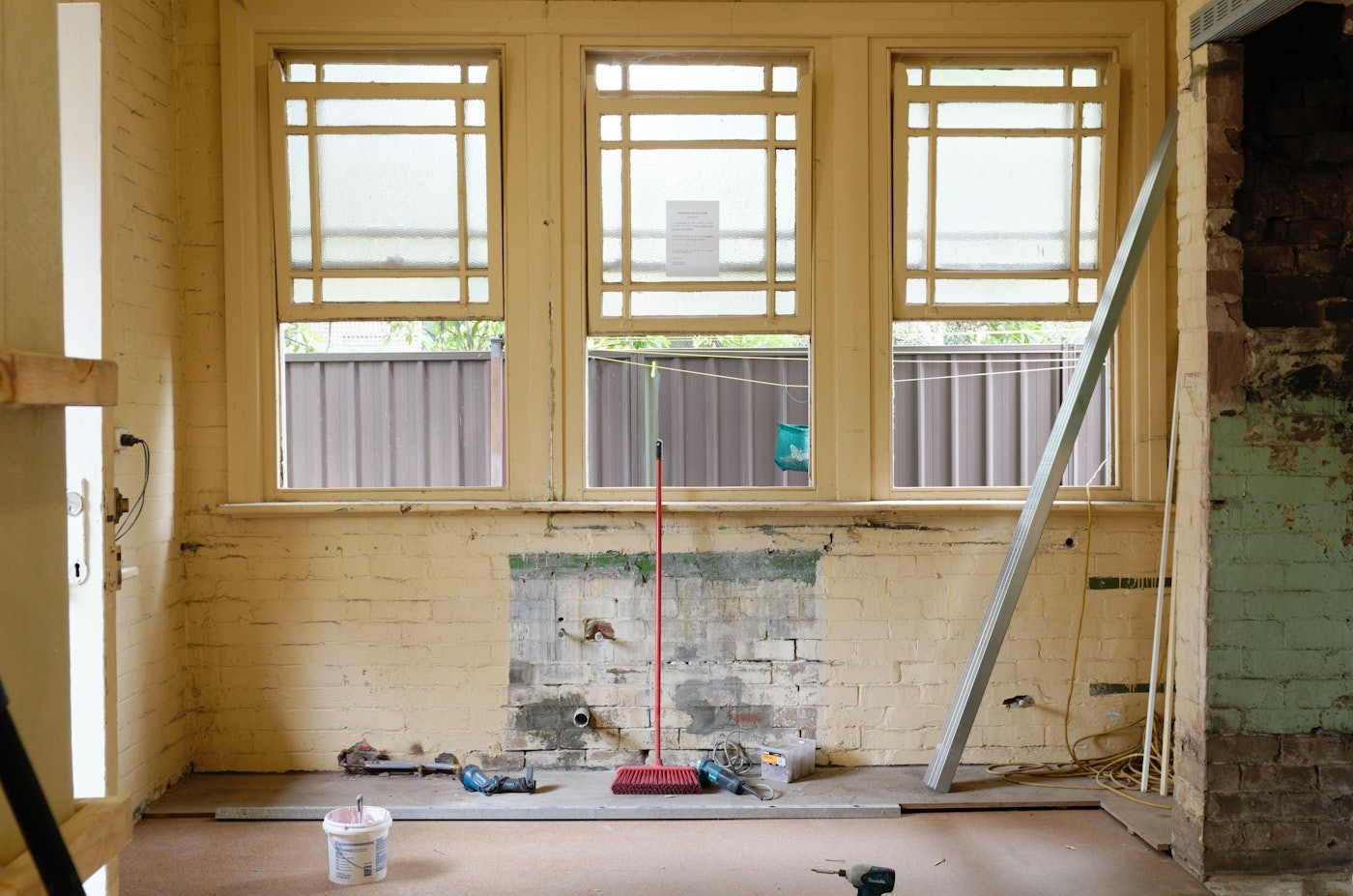
What costs the most when renovating a house?
It's tough to say precisely what will be the most significant expenses in your renovation project since it depends on the specific renovations you're planning and the size and condition of your home. But here are a few things to keep in mind when it comes to house renovation costs:
Structural renovation
Structural renovations tend to be more expensive than cosmetic renovations, so if you're planning on making any substantial changes to your home's structure, make sure you plan for it in your budget.
Kitchens and bathrooms
Kitchen and bathroom renovations are often some of the most expensive projects since they involve updating plumbing, electrical, and other systems.
Materials
Upgrading to high-end materials and finishes can significantly increase your home renovation costs, so make sure to factor that in too.
Large spaces
Finally, it would help if you also accounted for the size of the area when estimating renovation costs – larger areas will require more materials (and possibly labor) than smaller areas. The national average labor cost per square meter of renovations is around $2500 to $3000.
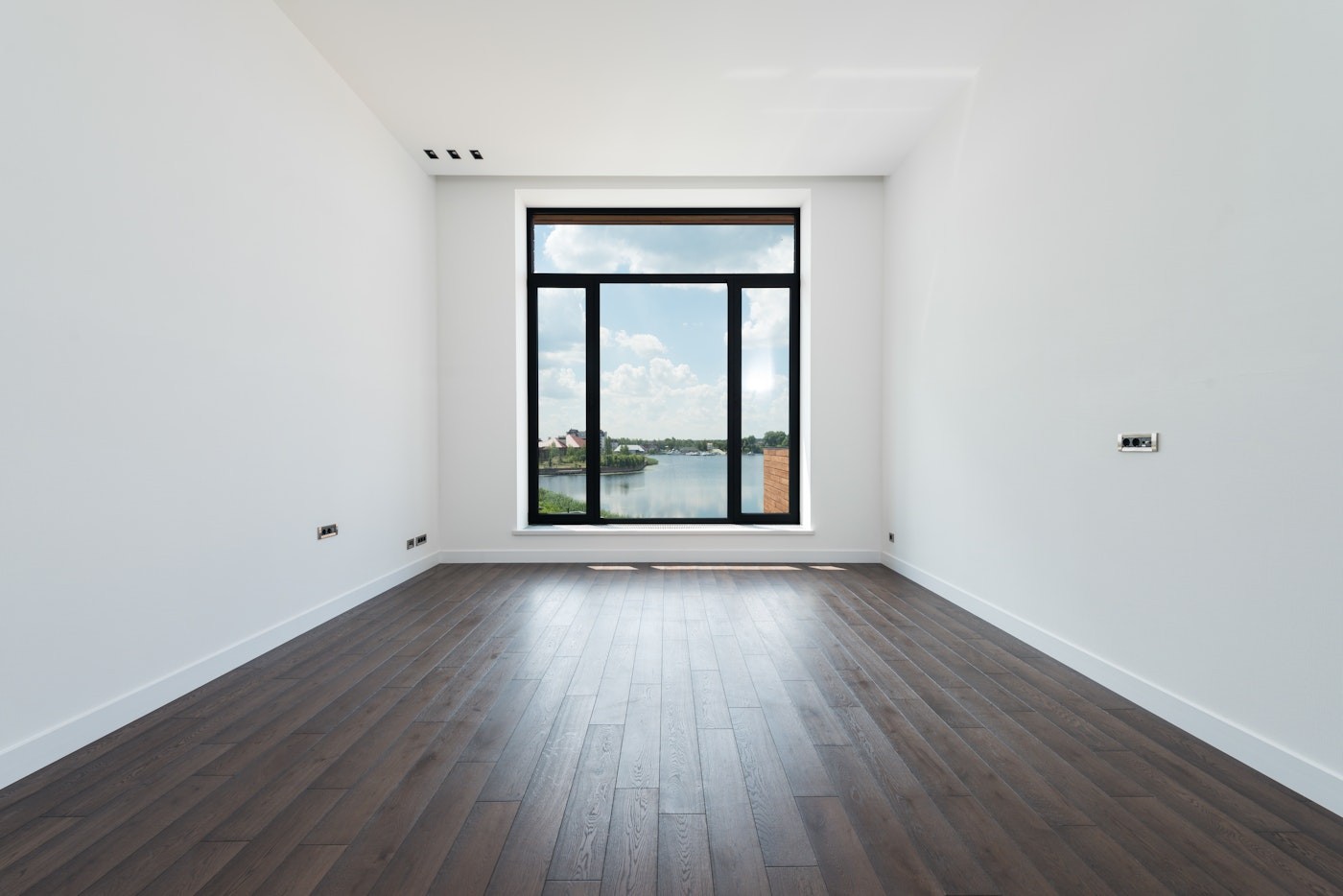
How much does a renovation cost in Australia?
Again, it's impossible to pinpoint an exact cost for a home renovation in Australia since many variables exist. But here are a few averages to give you an idea of what you might expect to pay:
According to data from the Australian Bureau of Statistics:
- The average home renovation cost in Australia is around $63,500.
- The average price of a kitchen renovation in Australia is around $23,000.
- The average price of a bathroom renovation in Australia is around $17,000.
- The average living room renovation in Australia is around $7,500.
Keep in mind that these are just average renovation costs, and the actual cost figures will depend on the specifics of your project. It's always a good idea to get quotes from local contractors and compare prices before committing to any project. Once you have a figure in mind, getting a renovation loan with Driva can be a practical way to ease the financial strain.
With only a few clicks on our website, Driva will search through thousands of lenders' policies and offer you the best home renovation loan for your situation – an impressive interest rate, manageable monthly payments, and terms tailored precisely to fit your needs.
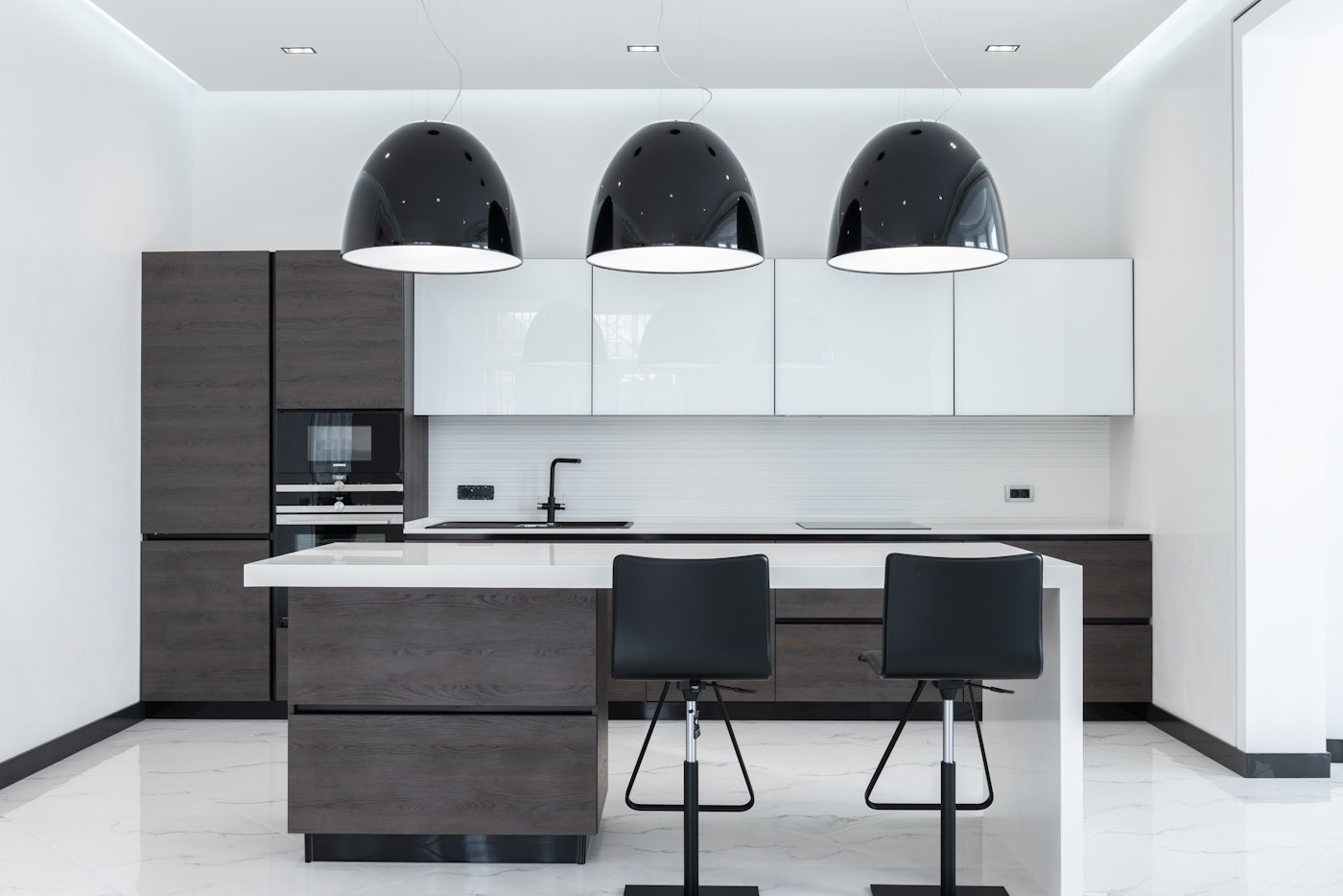
Can you spend too much on renovation?
It's possible to overspend on a home renovation, especially if you're not careful about setting and sticking to a budget. Here are a few things to keep in mind to avoid overspending on your renovation:
Set a budget and stick to it.
Determine how much you can afford to spend on your renovation before you start, and stick to that budget as closely as possible.
Prioritize your renovations.
Decide which renovations are most important to you and allocate your budget accordingly. Don't be afraid to save money by cutting back on less important projects if it means you can afford to do the home renovations that matter most to you.
Shop around for the best prices.
Don't just take the first quote you get – shop around and compare different contractors' prices to ensure you're getting the best deal.
Be flexible.
Be prepared to make compromises and adjustments to your renovation plans to stay within your budget.
Here's yet another way Driva's Renovation Loan can help. These tailored personal loans allow you to manage your costs more efficiently by breaking down large expenditures into smaller, easier-to-pay monthly payments.
Plus, you can access the funds as and when needed without incurring additional interest. This can help make last-minute adjustments to your home transformation projects simpler and less stressful.
Don't overcapitalize.
Make sure you don't spend more on your renovation than your home is worth. A good rule of thumb is to spend no more than 5-10% of your home's value on renovations.
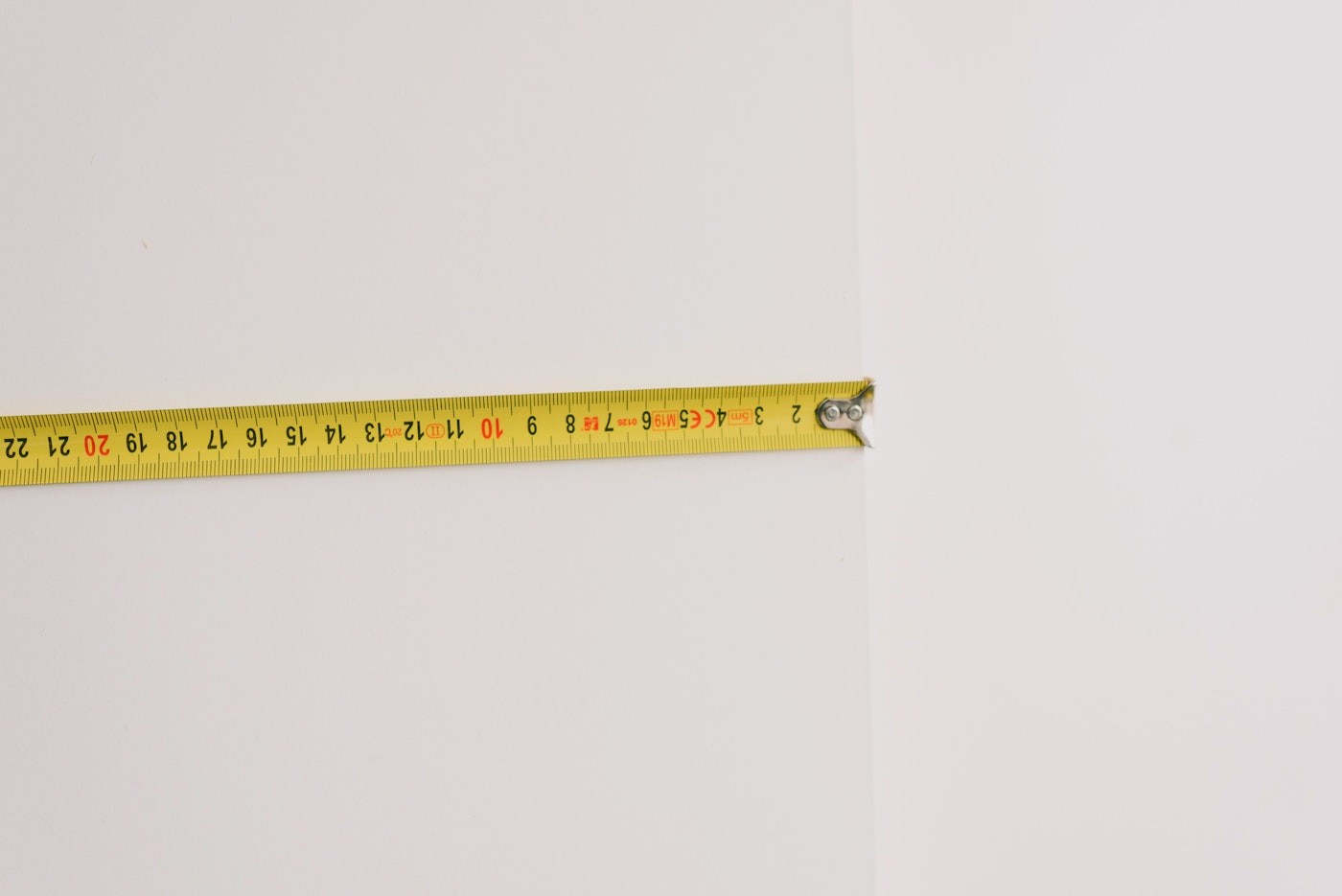
Should I renovate or move out?
Deciding whether to renovate or move out can be challenging, and there's no one-size-fits-all answer. Here are a few things to consider when choosing whether to renovate or move out:
The cost of the renovation.
If the cost of renovating your home is significantly higher than the cost of buying a new home, it may make more financial sense to move out.
The value of your home.
While renovating your home may make it more livable or beautiful, it's worthwhile to deliberate whether such a financial commitment will benefit future market value.
If you're on the fence about moving or renovating and which is more profitable, it's not a bad idea to reach out to an honest real estate professional for advice. They can help you look at your budget and give an objective opinion of which option makes more financial sense.
Of course, if your home or suburb carries a lot of emotional value for yourself or your family, there's nothing wrong with prioritizing that over profit.
The condition of your home
If your home needs significant repairs or renovations, it may make more sense to move out and start fresh rather than invest in repairs.
How much do you enjoy renovating
Embarking on a renovation project can be immensely fulfilling, but it is also no small task. If you take pride in transforming your home and have time to dedicate to overseeing renovations, staying put might be best for you.
Your long-term goals
If you're not committed to staying in your current home long-term, it may make more sense to move on to a new property that better meets your needs.
That said, if you love your current home and its location and see yourself living in it for the foreseeable future, 5-10+ years, it will make more sense to invest in renovations to make it your dream home.
Ultimately, deciding between renovating and moving out depends on individual situations and goals. Check out our article on how to choose between moving and renovating to weigh the pros and cons of both options before settling on a choice that best fits your needs.
Final Thoughts
Renovating your home can be an exciting and rewarding experience, but it's essential to ensure you budget for the project carefully. Be realistic about what you can afford and prioritise your renovations according to your needs and goals. With a reliable budget and some strategic planning, you'll be on your way to creating the home of your dreams! Driva can help you get the ball rolling with our personal loans, comparing 30+ lenders to find your best rate without hidden fees. Get your personalised quotes without any impact on your credit score within minutes, and complete your application online!

.jpeg?ixlib=gatsbyFP&auto=compress%2Cformat&fit=max&rect=0%2C0%2C800%2C800&w=500&h=500)



